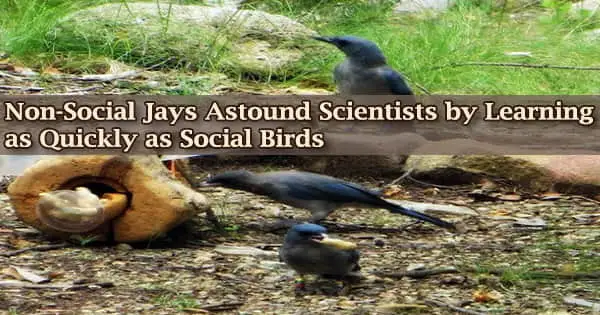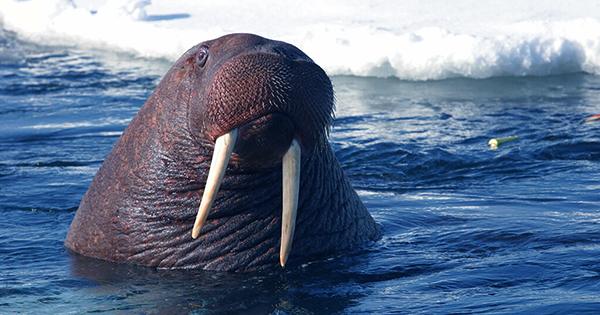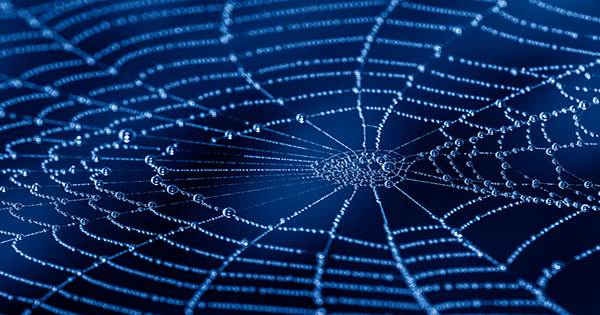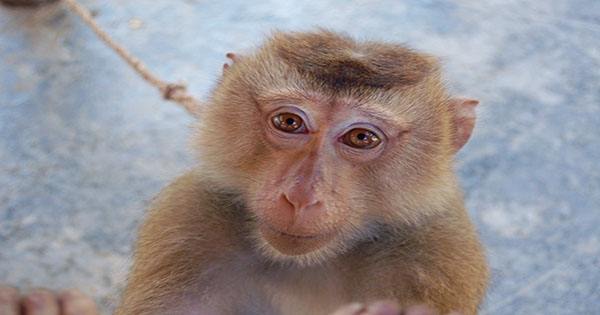The California scrub-jay, which is known for being a solitary bird, can learn just as well as a group-living jay, according to animal intelligence researchers who designed a novel food puzzle to examine cognition in the field.
The study demonstrates the complexity of the link between social behavior and cognitive evolution, according to the researchers, who had expected the scrub-jay to beat the group-oriented Mexican jay.
When she was at the University of Washington, Kelsey McCune of the University of California Santa Barbara coordinated an international partnership that included Jonathon Valente of Oregon State University. Nature Scientific Reports published the findings.
“Further studies with wild animals are clearly necessary to develop a better understanding of when, where, and why intelligence evolved,” said Valente, a postdoctoral scholar in the OSU College of Forestry.
According to McCune, scientists have long puzzled why some wildlife species evolved with higher levels of intelligence than others. According to one explanation, animals living in groups are smarter because they require more complex cognitive abilities than less-social species.
“The group-oriented animals rely on intelligence to cooperate with and learn from and also deceive their group mates,” she said. “However, due to the difficulty of testing cognition outside the laboratory, no studies to date have tested this theory in wild animals.”
Also, surprisingly, members of both species tended to avoid interacting with parts of the puzzle where they observed other birds obtain food. That suggests they were socially learning where to avoid competition rather than how to open the puzzle. Regardless, the findings suggest the relationship between social behavior and the evolution of intelligence is a highly complex one.
Jonathon Valente
McCune, Valente, and colleagues from Seoul National University and Daegu-Gyeongbuk Institute of Science, both in South Korea, placed bird food behind four different types of doors on two similar log puzzle machines. Three of the four doors had a basic lock; the fourth was unlocked but held sunflower seeds rather than peanuts, which was a less attractive sort of food.
The researchers first taught “demonstrator” birds from each species how to enter a locked door before examining the learning ability of wild, banded jays: 49 Mexican jays were researched near Portal, Arizona, while 26 California scrub-jays were seen in the Willamette Valley of Oregon.
“Having an unlocked door helped prevent ‘naïve’ jays from abandoning the foraging area due to a failure to get food, thus increasing their probability of observing group mates interacting with the puzzle,” Valente said.
Mexican jays and California scrub-jays are closely related, according to McCune, since they both eat tree nuts like acorns, are opportunistic foragers who prefer dry, open pine and scrub oak habitats, and cache food at a similar rate.
However, their social systems are vastly different: Mexican jays congregate in groups of five to thirty, whereas scrub-jays live primarily with a single mate.
“We compared intelligence between these species by testing their abilities to either innovate a solution to the puzzle or to learn to solve the puzzle by observing other birds solving it,” McCune said. “Contrary to what we thought we’d find out, the two species showed similar abilities to learn.”
The scrub-jays and Mexican jays learned in different ways, according to the researchers. Scrub-jays relied more on individual problem-solving to get to the food, but Mexican jays learned through observing other jays engage with the challenge.
“Also, surprisingly, members of both species tended to avoid interacting with parts of the puzzle where they observed other birds obtain food,” Valente said. “That suggests they were socially learning where to avoid competition rather than how to open the puzzle. Regardless, the findings suggest the relationship between social behavior and the evolution of intelligence is a highly complex one.”
McCune, who was a doctorate student at the University of Washington at the time of the research and is now a postdoctoral scholar at the University of California Santa Barbara, received funding from the National Science Foundation through a graduate research fellowship.
















